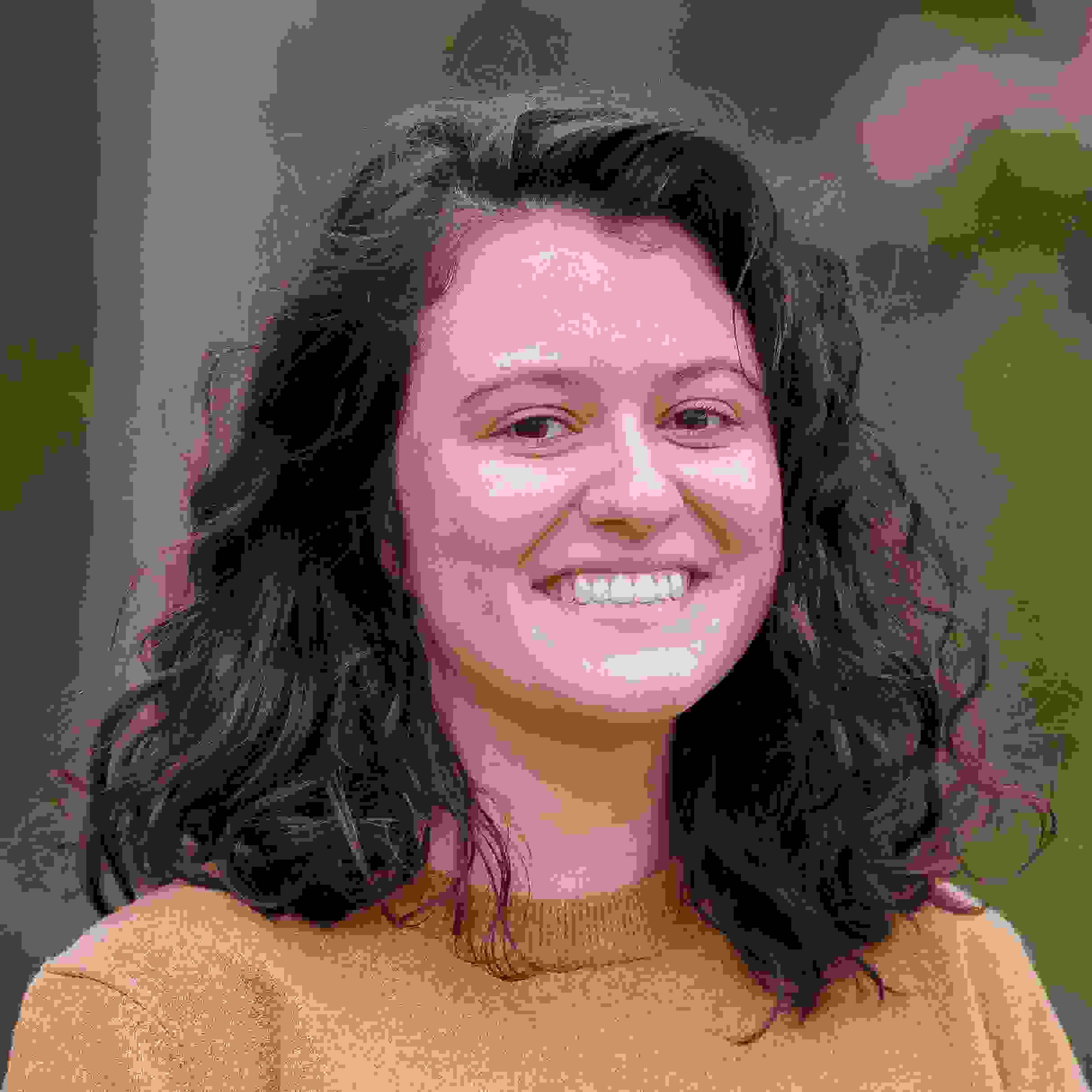People find their path in life in many different ways. For Yina Liu, Ph.D., she thought hers would be taking over the family business in Southern China, and she began her academic career by pursuing a degree in economics at the University of California, Irvine (UC Irvine). That all changed one day in college when she decided to use the restroom in a new building on campus.
The building, home to the UC Irvine Department of Earth System Science, drew Liu in with its walls full of posters showcasing student and faculty research around the globe. Realizing that science was not just for those wanting to go into medicine, Liu was hooked, and soon changed her major to earth and environmental sciences.
Changing her path has led Liu across multiple oceans, to places like Antarctica for research, and has now led her to the forefront of researching per- and polyfluoroalkyl substances (PFAS).
Academic journey from Aggieland to Antarctica and back
Liu graduated from UC Irvine in 2006, and then became a Ph.D. student in the Department of Oceanography at Texas A&M University. It was during her time in graduate school that she experienced one of the most memorable moments of her career.
“The coolest research I ever conducted was my first year in grad school, because my advisor took me on an Antarctic expedition,” Liu said. “I got to see penguins and whales, so that was really cool.”
After receiving her Ph.D. in 2013, Liu went on to work at Woods Hole Oceanographic Institution as a post-doctoral researcher until 2015. She then continued as a post-doctoral researcher at Pacific Northwest National Laboratory.
Her path eventually led her back to Texas A&M, joining the oceanography department as an associate research scientist at Geochemical and Environmental Research Group (GERG) in 2017.
“When I was in California (for my bachelors) I did not think that I would like Texas,” Liu said. “But after I graduated (and moved away), I actually did miss Texas. That’s why I came back.”
Since 2020, she has worked as the analytical chemistry research and development team lead for Texas A&M's Geochemical and Environmental Research Group and as an assistant professor in the Department of Oceanography.
Finding answers to educate
Liu’s research at Texas A&M has taken a focus on how both natural and anthropogenic organic compounds affect biological and ecological processes. This helped shape her proposal as a 2022 TWRI Faculty Fellow, which aimed to study how PFAS move through soil and water.
“Some PFAS are highly mobile in the environment as they move through the water,” Liu said. "So, as an oceanographer, I am interested how PFAS move through the ecosystems and affect humans and wildlife. The proposal was to try to understand which PFAS compound will stay behind in the soil, which one is the most easily mobilized, posing more risk to humans and marine life, once they are discharged.”
Her research findings will help scientists better understand how PFAS contained in the soil react and move due to sudden periods of heavy rain, something many parts of Texas experience.
“Part of understanding mobility is trying to look at the complexity of the environment, especially in Texas,” Liu said. “Sometimes when we have a long period of drought, the water moves through the soil differently compared to when the soil is wet.”
With more knowledge about the risks of PFAS becoming more available to the public, Liu hopes that current research will help inform people that steps can be taken to reduce the impact they have.
“I’m not a doomsday scenario person,” she said. “My goal is really to provide knowledge to the general public, so that they understand what they’re looking at, so that a solution can be collectively thought of together.”


